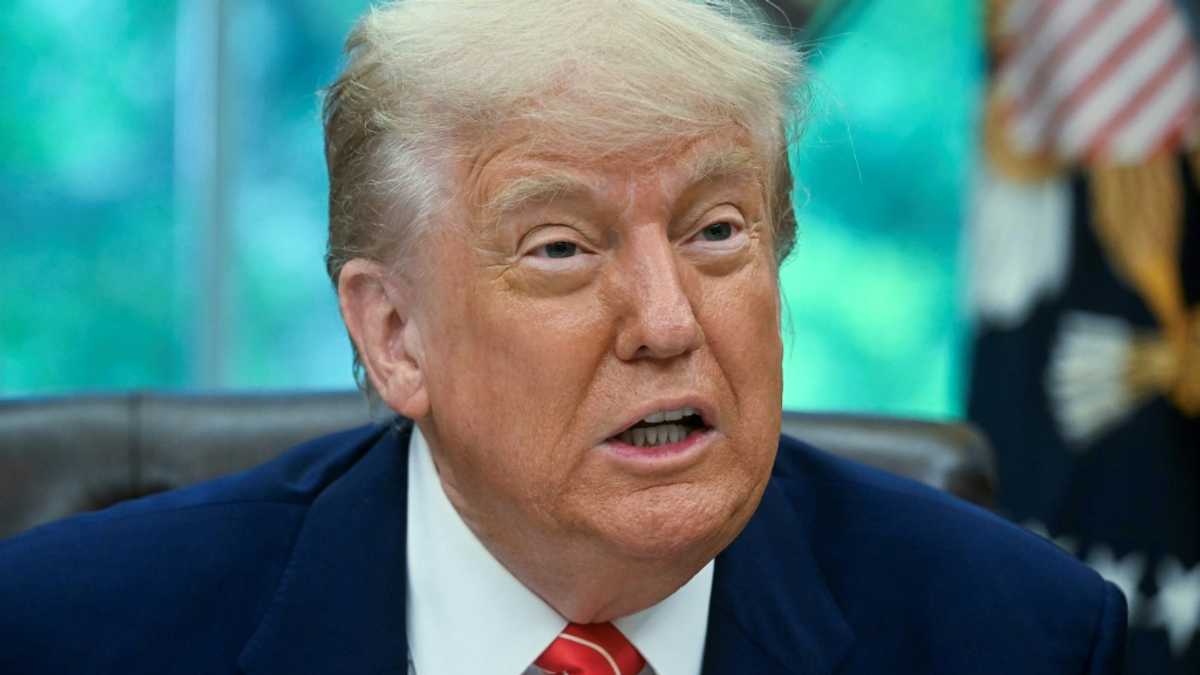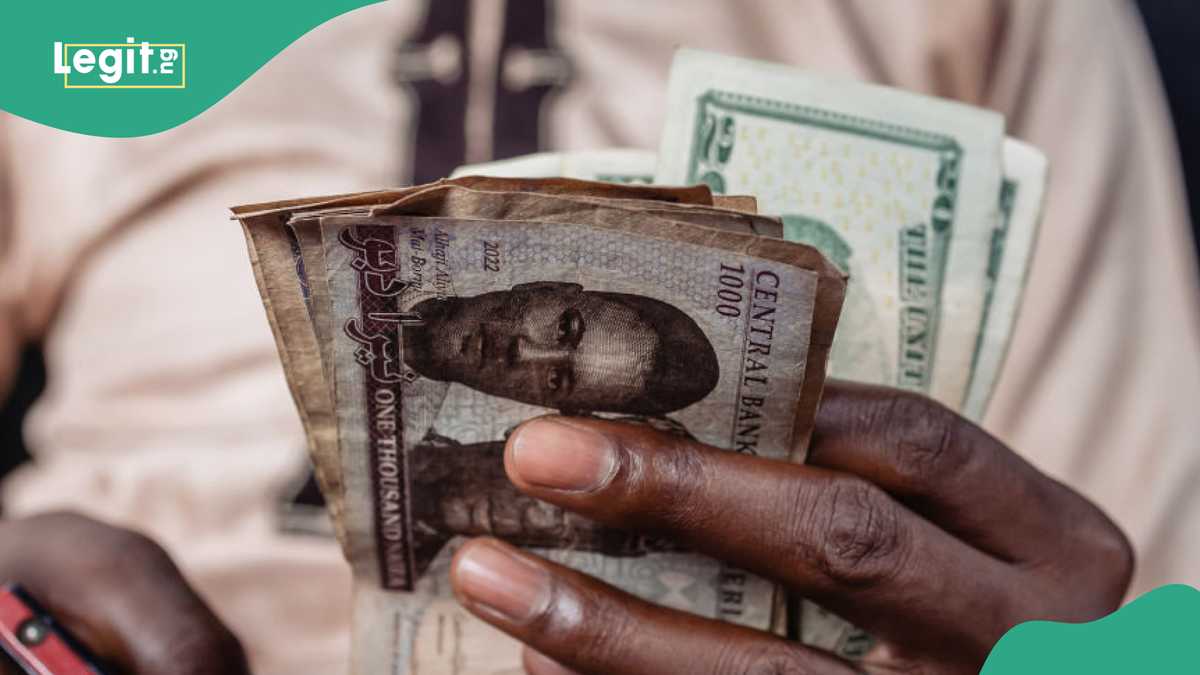China Engages in Diplomatic Efforts with Malaysia and Vietnam

President Xi Jinping's recent tour of Southeast Asia, including a significant visit to Malaysia, underscores China's strategic efforts to solidify its position as a dependable partner in the region amidst escalating global trade tensions. This diplomatic endeavor accentuates regional solidarity and enhanced economic cooperation, particularly in light of the disruptive impact of US tariffs on ASEAN (Association of Southeast Asian Nations) member states. China aims to project an image of stability and foster development, positioning itself as a viable alternative to protectionist trade measures advocated by other global powers.
During his state visit to Malaysia, President Xi met with Malaysia's King, Sultan Ibrahim, in a ceremony symbolizing the strengthening ties between the two nations. Analysts interpret this visit as a move to reinforce Beijing's credentials as a trustworthy partner, dispelling any notions of hegemony. The Southeast Asia tour, which also includes stops in Vietnam and Cambodia, is strategically timed to present China as a stable and consistent counterpart to the more volatile trade policies of the United States under President Donald Trump.
The welcoming ceremony for President Xi at the Istana palace featured traditional elements such as a red carpet and a royal band, highlighting the importance of the occasion. Following discussions with the King, Xi engaged in meetings with Prime Minister Anwar Ibrahim, culminating in the signing of several bilateral agreements aimed at bolstering cooperation across various sectors.
According to Khoo Ying Hooi, an associate professor at Malaya University, these diplomatic overtures are not merely ceremonial but represent a calculated effort to realign the regional center of gravity towards Beijing. She suggests that Xi's visit serves to gauge regional solidarity at a time when US trade measures are destabilizing global markets.
The impact of US tariffs on ASEAN nations has been substantial, with countries like Vietnam and Cambodia facing significant duties on their exports. Malaysia, as the current chair of ASEAN, has also been affected, albeit to a lesser extent. While these tariffs have been temporarily paused, the underlying threat of renewed trade restrictions remains a concern for these economies.
In his communications, Xi has framed China as a partner committed to stability and development, contrasting this with what he implies are the hegemonic tendencies of other nations. He also subtly cautioned against allowing external tariffs and alliances to undermine regional cohesion within Asia.
Oh Ei Sun of the Pacific Research Center of Malaysia likened Xi's visit to a gathering of allies seeking mutual support in challenging times. Xi himself expressed hope that his visit would mark the beginning of another "50 golden years" in China-Malaysia relations, emphasizing the robust trade ties that have made China Malaysia's largest trading partner for 16 consecutive years.
In addition to economic diplomacy, China is also engaging in defense cooperation with its neighbors. The recent launch of a weeklong border defense friendship exchange with Vietnam exemplifies this aspect of China's regional strategy. This exchange, now in its ninth edition, includes joint medical consultations, naval patrols in the Beibu Gulf, and cultural exchanges between border communities.
During the exchange, military medical teams from both countries provided medical services to border residents, conducting thousands of checkups and distributing essential medicines. A Vietnamese naval fleet also made a landmark visit to Beihai, Guangxi, participating in joint activities aimed at strengthening friendship and cooperation ahead of a joint patrol in the Beibu Gulf.
Overall, President Xi Jinping's Southeast Asia tour and the concurrent defense exchanges with Vietnam highlight China's multifaceted approach to strengthening its regional influence, emphasizing economic partnership, diplomatic engagement, and security cooperation.









